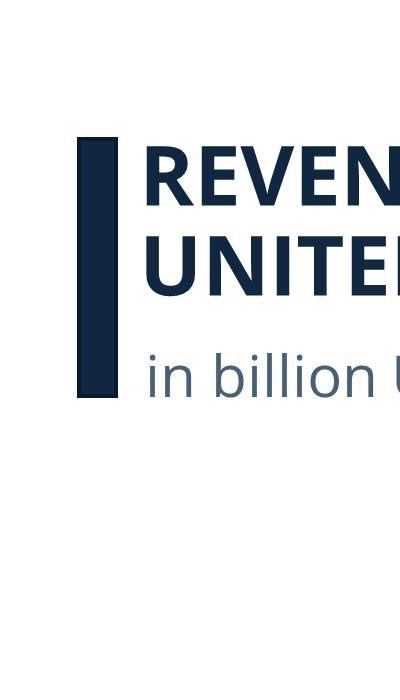
The proliferation of dump shops – businesses knowingly or unknowingly selling counterfeit goods, fake products, and grey market goods – poses a significant threat to legitimate businesses․ These operations undermine brand protection, erode product authenticity, and contribute to widespread intellectual property theft․ This article advises on effective detection tools and strategies to safeguard your business from the damaging effects of dump shops․
Understanding the Threat
Dump shops are a significant source of unauthorized sales, often dealing in counterfeit goods and grey market goods (including parallel imports)․ These goods, while appearing legitimate, lack the quality, safety, and warranty assurances of genuine products․ This not only harms your brand reputation but also opens you up to legal liabilities․ The sale of counterfeit products constitutes fraud, impacting your bottom line and potentially leading to significant financial losses․
The presence of dump shops contributes to a weakened retail security environment and compromises supply chain security․ They often undercut legitimate businesses with artificially low prices, gained through unethical practices․
Effective Dump Shop Detection Tools and Strategies
1․ Proactive Brand Monitoring and Market Surveillance:
Implementing robust brand monitoring and market surveillance programs is crucial․ This involves:
- Regularly searching online marketplaces and physical locations for suspected counterfeit products bearing your brand․
- Utilizing data analytics to identify unusual pricing patterns and sales volumes that may indicate the presence of dump shops․
- Employing web scraping tools to collect data on online sellers and their product listings․
2․ Advanced Fraud Detection Techniques:
Leveraging advanced fraud detection technologies can help identify suspicious activities related to dump shops․ This includes:
- Analyzing transaction data to detect anomalies in purchasing patterns․
- Using AI-powered systems to identify counterfeit products based on image recognition and other data points․
- Implementing robust online security measures to prevent unauthorized access and data breaches․
3․ Investigation Tools and Investigative Techniques:
When suspicious activity is detected, employ appropriate investigative techniques and utilize investigation tools․ This might involve:
- Undercover investigations to gather evidence of illegal activity․
- Working with law enforcement agencies to conduct raids and seizures of counterfeit goods․
- Utilizing specialized software for analyzing digital evidence․
4; Supply Chain Security Enhancements:
Strengthening your supply chain security can significantly reduce the risk of counterfeit goods entering your distribution network․ This includes:
- Thoroughly vetting your suppliers and distributors․
- Implementing robust tracking and tracing systems to monitor the movement of goods․
- Utilizing anti-counterfeiting technologies, such as unique product identifiers or holograms․
5․ Leveraging Anti-Counterfeiting Measures:
Anti-counterfeiting measures are essential for protecting your brand and products․ Consider:
- Developing unique product packaging and labeling․
- Implementing sophisticated authentication technologies, such as RFID tags or blockchain․
- Registering your trademarks and copyrights․
Loss Prevention and Legal Action
Effective loss prevention strategies require a multi-pronged approach․ This includes not only detection but also proactive measures to deter counterfeiters and protect your brand․ When dealing with confirmed cases of intellectual property theft, engage legal counsel to pursue appropriate legal action․ This might include cease and desist letters, civil lawsuits, or criminal prosecution․
By proactively implementing these tools and strategies, businesses can significantly reduce the impact of dump shops, protecting their brand, revenue, and reputation․

Excellent resource for businesses concerned about the impact of dump shops. The article effectively highlights the multifaceted nature of the problem, from brand damage to legal liabilities. The suggested tools and strategies are practical and readily implementable, making this a must-read for anyone looking to protect their business from this growing threat.
This article provides a comprehensive overview of the threats posed by dump shops and offers practical, actionable advice for businesses. The focus on both proactive monitoring and advanced fraud detection techniques is particularly valuable. I especially appreciate the clear explanation of the legal and financial ramifications of dealing with counterfeit goods.
A well-structured and informative piece. The step-by-step guide to implementing brand monitoring and utilizing fraud detection technologies is easy to follow and highly relevant to businesses of all sizes. The emphasis on the broader implications for supply chain security adds significant value.